Below is a viewpoint from the Foresight Africa 2023 report, which explores top priorities for the region in the coming year. Read the full chapter on health.
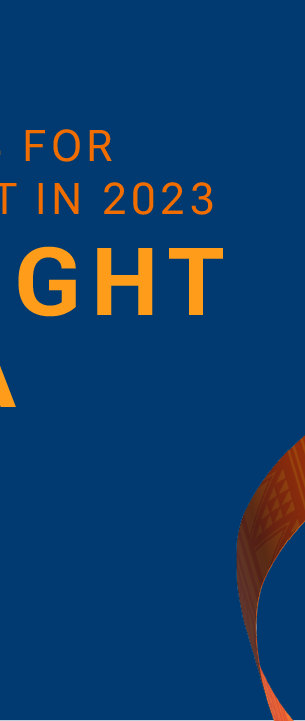 Around the world, we are finally starting to recognize that addressing some of the biggest health challenges we face today—from antimicrobial resistance and communicable diseases to climate change and health disparities—requires not just investing in, but also elevating the voices of, frontline workers who for too long have been overlooked, undertrained, and denied a seat at the policy table.
Around the world, we are finally starting to recognize that addressing some of the biggest health challenges we face today—from antimicrobial resistance and communicable diseases to climate change and health disparities—requires not just investing in, but also elevating the voices of, frontline workers who for too long have been overlooked, undertrained, and denied a seat at the policy table.
Nurses and midwives, for example, have enormous capacity to reach broad populations with preventive care, health education, family medicine, and treatments for both acute and chronic diseases. Yet, we are not investing in them as we must. In 2020, the World Health Organization (WHO) recommended that countries educate six million more nurses to offset long-predicted shortages that threaten healthcare delivery worldwide. The pandemic has made the situation more dire. According to the International Council of Nurses, due to an anticipated avalanche of resignations and retirements, the world will need 13 million more nurses by 2030.
And we do not just need more nurses—we need more nurses in leadership positions. They have the insights, experience, and relationships to shape smart policy, carry out effective population health programs, and respond nimbly to health crises. This is why the Harvard T.H. Chan School of Public Health has worked with other partners, including the Africa Centres for Disease Control and Prevention (Africa CDC), the African Union, and the Burdett Trust for Nursing to launch a Global Nursing Leadership Program. We just welcomed our first cohort of practicing nurses and midwives from across Africa with the goal of teaching them how to lead projects, manage health systems, and engage confidently with national political leaders.
Last month, the African Union Commission and Africa CDC urged governments, international organizations, nonprofits, and philanthropists to invest in the longterm building of the continent’s public health systems. In particular, the “New Public Health Order” for Africa calls for a stronger public health workforce and increased manufacturing capability of vaccines and drugs, to make African countries less dependent on foreign assistance.
We know from experience that such an approach leads to scientific breakthroughs and better population health. In 1996, for example, Harvard helped launch the Botswana-Harvard AIDS Institute Partnership in Gaborone. The laboratory quickly pivoted to genomic surveillance when the COVID-19 pandemic struck, and it was here that researcher Dr. Sikhulile Moyo first sequenced and then alerted the world about the existence of the highly contagious Omicron variant. Anyone who has ever visited the Institut Pasteur in Dakar has seen its advanced capabilities; and thanks to global investments in such laboratories, Africa is on its way to meet its ambitious goal of locally manufacturing at least 60 percent of the vaccines needed across the continent.
We must empower frontline workers, both to shape global health policy and design and carry out programs tailored to their communities. Only with their help can we build a healthier, more resilient world.
There is plenty of untapped talent among frontline workers around the world and we must do more to nurture and support them. Community workers, nurses, and midwives can help us reimagine healthcare delivery. Microbiologists, epidemiologists, and genomic sequencing researchers can warn us when a new pathogen emerges. Vaccine developers and manufacturers can protect people all over the world from new and old diseases.
We must empower frontline workers, both to shape global health policy and design and carry out programs tailored to their communities. Only with their help can we build a healthier, more resilient world.
The Brookings Institution is committed to quality, independence, and impact.
We are supported by a diverse array of funders. In line with our values and policies, each Brookings publication represents the sole views of its author(s).

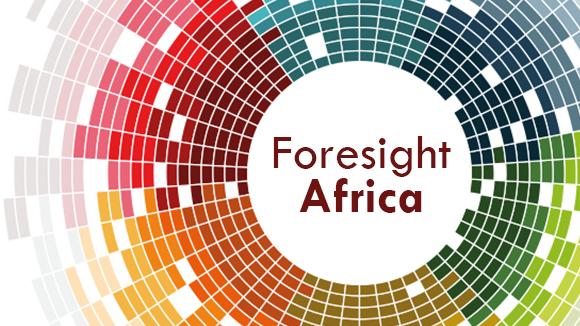
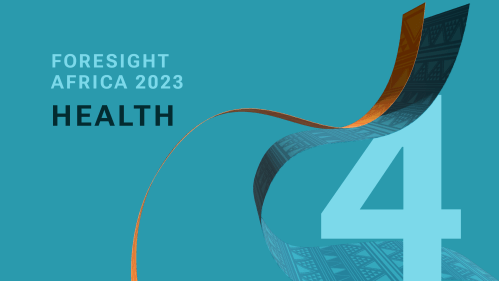
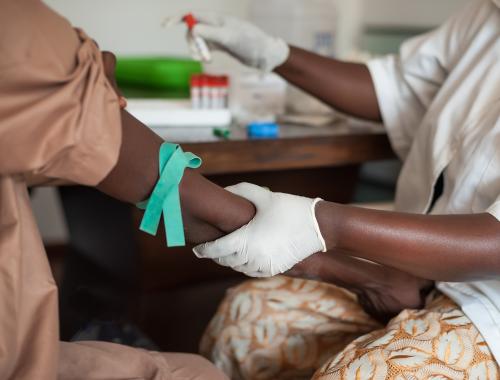
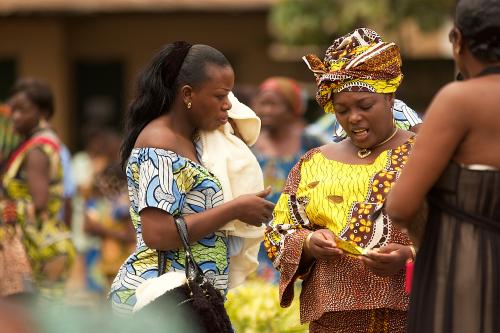




Commentary
Empowering frontline workers to develop and deliver health care solutions
April 7, 2023